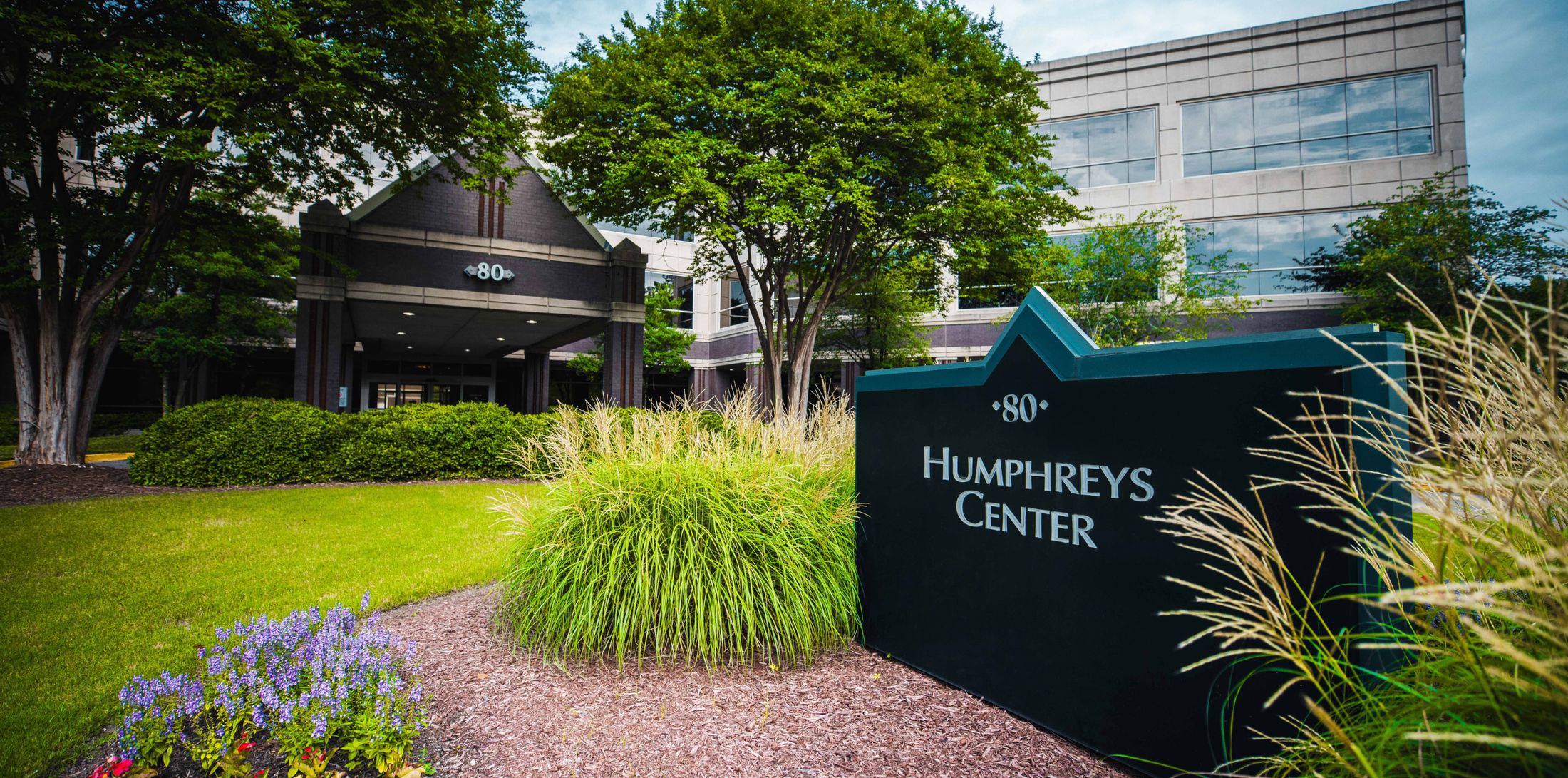



Having plastic surgery is an exciting milestone for many patients! If you’ve recently scheduled a procedure with Plastic Surgery Group of Memphis, you already know that our results speak for themselves. Our expert surgeons can give you the look you’ve always wanted, improving your self-esteem and increasing your confidence. It’s understandable that you’d want to accelerate the healing process so you can enjoy these benefits sooner! The good news is, there are several things you can do to facilitate an easier recovery and ensure optimal results. Keep reading below to learn more tips for recovering from your plastic surgery procedure!
Pain, bruising, and swelling are a normal part of the recovery process, but that doesn’t mean you have to suffer needlessly. Although many patients attempt to push through or ignore these symptoms, it’s important to take any painkillers you’re prescribed as directed by your doctor. This will keep post-surgical pain from catching up to and overwhelming you, something that can lengthen the total time it takes you to heal.
During this time, be sure to steer clear of any over-the-counter pain medications or herbal remedies. These can not only thin your blood but may also interfere with any prescription medications you’ve been given. Speaking of pain relief, constipation is a common side effect of these pills. Take care to drink lots of fluids and move around as frequently as you can to help counteract this particular symptom.
For the first 48 hours or so after your plastic surgery procedure, you’ll need plenty of rest. Taking it easy doesn’t mean staying in bed all day, however! You won’t feel like running a marathon, but getting up every once in a while will help your body heal faster. Moving around may also reduce your pain levels. This can be as simple as a slow walk around your house or a few minutes of mellow stretching. If you think you may need a little extra motivation, set a timer on your phone for every hour as a gentle reminder to get up and move around a bit.
Yes, we just talked about how important it is to move around after a surgical procedure, so this advice might seem counterintuitive! But working out will elevate your blood pressure, which can increase the risk of post-surgical bruising, bleeding, and inflammation. Strenuous exercise like running or weightlifting can even impede your recovery by re-opening incisions. While you may be anxious to get back to your normal gym routine, it’s important to avoid any challenging workouts for several weeks after your surgery. Always check with your surgeon before resuming your previous levels of physical activity.

Your recovery process is exactly that—a process. With almost any type of plastic surgery, you can expect to look and feel pretty bad before you get better. Depending on what you’re having done, the total recovery time could take anywhere from a few days to a few weeks. Bruising and swelling are common with most procedures, so it’s important to plan accordingly ahead of time. How will your post-surgical downtime affect your work? Parenting? Social schedule? Assess these questions with care before your surgery so you can make arrangements for each.
Keep in mind that you will need someone to help take care of you for the first 48-72 hours following surgery. You may feel that you’ll be able to resume your normal routine immediately, but having someone you trust there if you need them will bring you greater peace of mind and allow you to focus all your energy on healing! If you don’t have anyone available to help you with your post-operative needs, let us know and we’ll be happy to recommend a nursing care service.
If you’re a smoker, be aware that most plastic surgeons will demand that you be free of tobacco and nicotine for a minimum of 4 weeks, both before and after your procedure. Smokers have significant complication rates after many plastic surgery procedures when compared to non-smokers. This is due in large part to the fact that nicotine causes the blood vessels to constrict, limiting blood flow and cutting off circulation to the tissue. When this occurs after plastic surgery, the area around the incision can be left without proper blood flow to the area. In some cases, this leads to tissue necrosis.
When tissue dies, it must be removed. If this happens to you following your procedure, you could lose a portion of the skin and other tissues around the incision site. Smoking, vaping, and nicotine can lead to other complications, as well, including:
You should continue to abstain from any nicotine products for up to six weeks post-surgery (although quitting permanently is obviously preferable!)
Applying ice after plastic surgery can help minimize swelling. This is especially important for facial surgeries, including facelifts, eye lifts, and rhinoplasty. Even if the area is covered in bandages temporarily, you may need to ice it down periodically to keep swelling down.
Other procedures—tummy tucks, liposuction, breast augmentation, etc.—may require you to wear a compression garment for several weeks. These garments play a key role in helping your body control post-surgical swelling and bruising. They also enhance body contouring by preventing wrinkling of the skin and amplifying skin retraction. The pressure from compression garments may soften and flatten scars, as well, decreasing their visibility.

Every recovery process has both physical and emotional components, and plastic surgery is no exception. It’s important that you don’t rush the recovery process and allow your body the time to properly heal, as this will result in a more rewarding and stress-free experience.
By listening to your body and following our instructions, you’ll be able to return to your normal routine as soon as it’s safe to do so. If you have any questions or concerns about recovering from plastic surgery, please feel free to get in touch and speak with an expert member of our team! We’re happy to set your mind at ease any way we can so that you feel completely confident in our care.